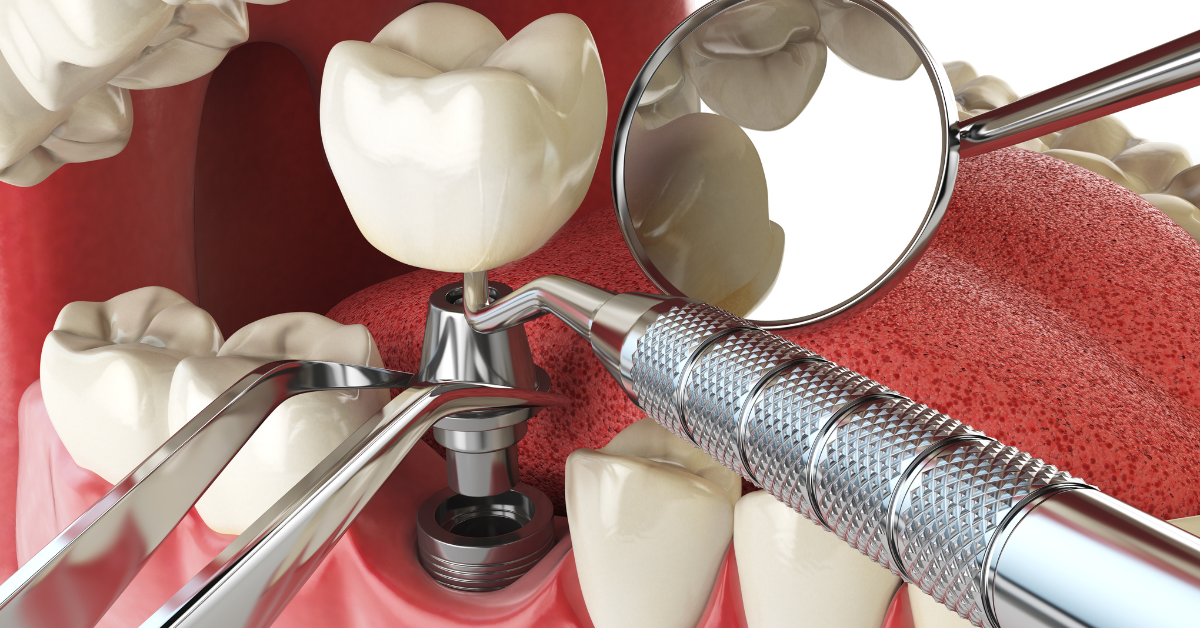Dental implants have revolutionized tooth replacement, offering a permanent and aesthetically pleasing solution for missing teeth. They are considered a safe and effective treatment option, with a high success rate of over 95%. However, it’s crucial to understand the potential risks and considerations associated with dental implant procedures.
What Are Dental Implants?
Dental implants are titanium posts surgically inserted into the jawbone to serve as anchors for artificial teeth. They fuse with the jawbone over time, providing a stable and durable foundation for replacement teeth.
Safety Profile of Dental Implants
Dental implants have a long-standing history of safe and successful use in dentistry. Extensive research and clinical studies have consistently supported their safety and efficacy. The titanium material used in implants is biocompatible, meaning it is well-tolerated by the body and has a low risk of allergic reactions.
Potential Risks and Considerations
While dental implants are generally safe, there are some potential risks and considerations to be aware of:
-
Infection: As with any surgical procedure, there is a small risk of infection at the implant site. Proper hygiene and antibiotic treatment can minimize this risk.
-
Implant Failure: In rare cases, implants may fail to fuse with the jawbone, leading to implant loss. This can be caused by various factors, including poor bone health, smoking, and excessive force on the implant.
-
Nerve Damage: During implant placement, there is a slight risk of damaging nearby nerves, which can result in numbness or tingling in the affected area. However, this is rare and usually temporary.
-
Sinus Complications: Implants placed in the upper jawbone may occasionally cause sinus problems, such as sinus perforation or inflammation.
Who is a Good Candidate for Dental Implants?
Dental implants are suitable for most adults who have good overall health, adequate bone density, and healthy gums. Factors such as smoking, uncontrolled diabetes, and certain medications may affect candidacy.
Consultation and Pre-Implant Assessment
Before undergoing dental implant surgery, a thorough consultation with a qualified dentist or periodontist is essential. They will assess your oral health, jawbone structure, and overall medical condition to determine if implants are the right choice for you.
Implant Procedure and Recovery
Dental implant placement typically involves two stages:
-
Implant Placement: The implant is surgically inserted into the jawbone under local anesthesia or sedation.
-
Osseointegration: The implant fuses with the jawbone over a period of several months.
Once osseointegration is complete, an abutment is attached to the implant, and a crown or other prosthetic tooth is placed on top, restoring the tooth’s appearance and function.
Post-Implant Care and Maintenance
After dental implant surgery, it’s crucial to follow your dentist’s instructions for proper healing and care. This includes maintaining good oral hygiene, avoiding strenuous activities, and attending regular dental checkups to monitor the implant’s health.
Conclusion
Dental implants offer a safe and effective solution for replacing missing teeth, restoring function, and enhancing smiles. With proper care and maintenance, dental implants can last a lifetime. If you’re considering dental implants, consult with an experienced dentist to determine if they are the right option for you. Please find the dental office near you in these locations: Attleboro, Chelmsford, Hyde Park, Jamaica Plain, Lynn, Manchester, Methuen, Roslindale, Taunton.




